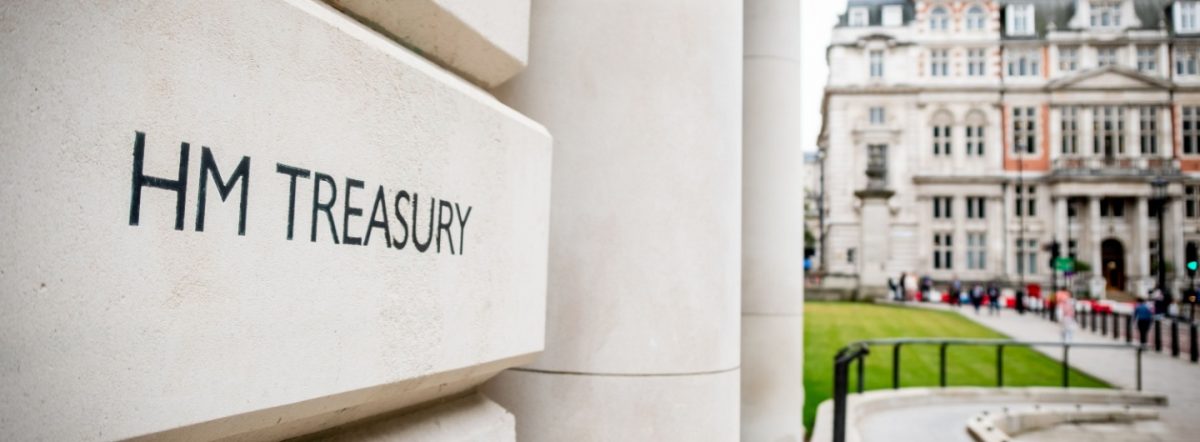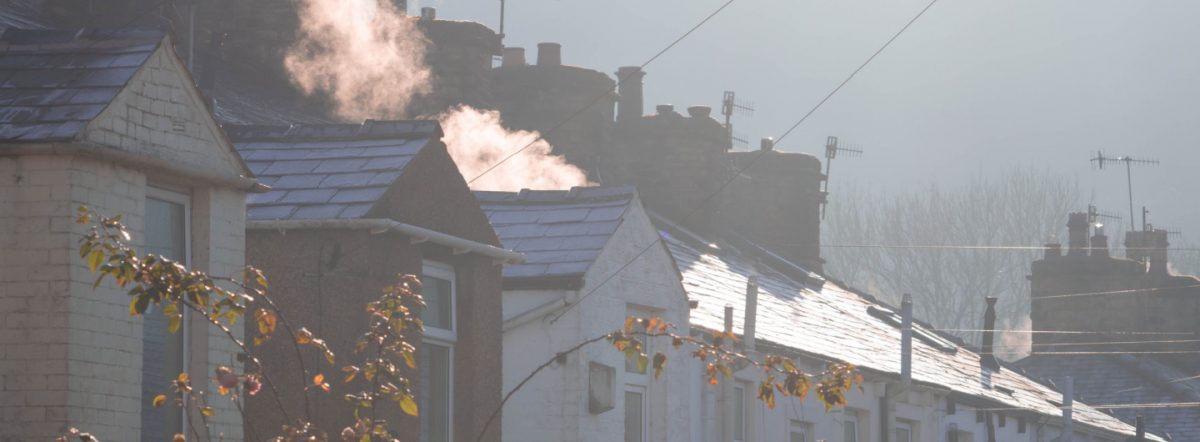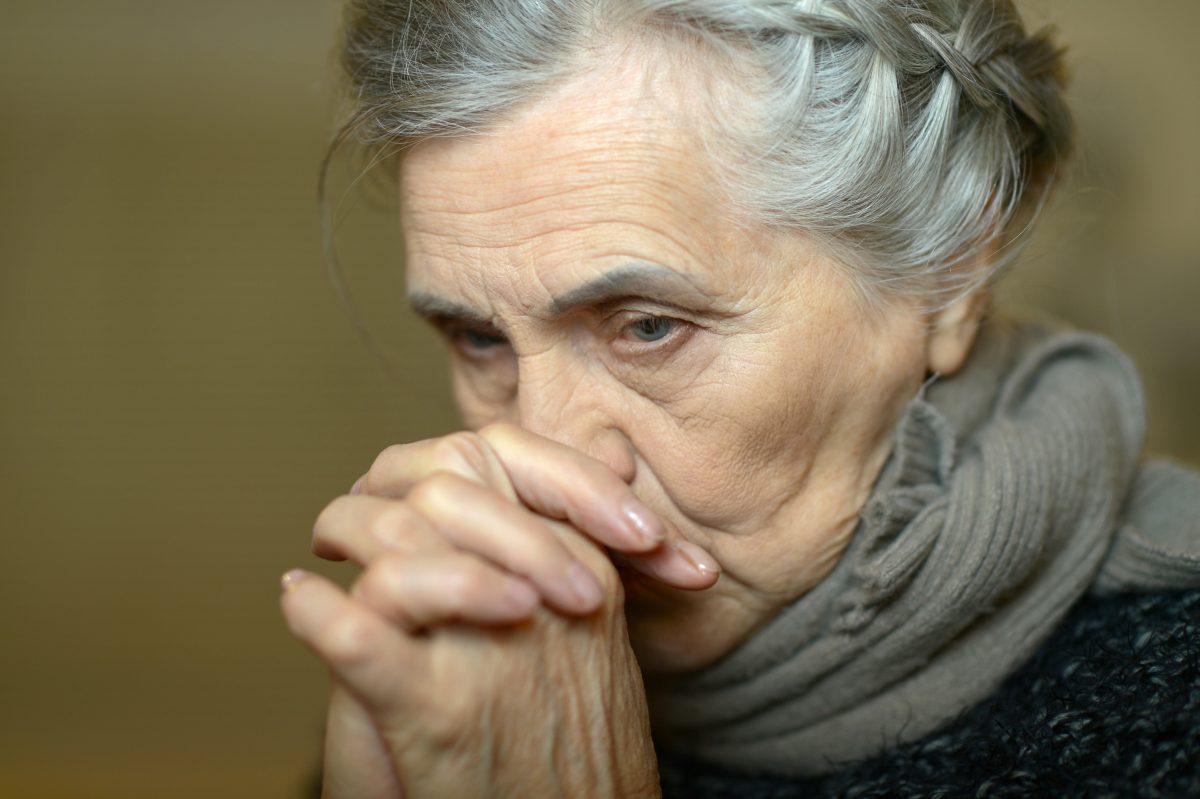Over half of people from vulnerable households (56%) are worried about being cold this winter, according to new data from Opinium, commissioned by the Warm This Winter campaign. [1]
The figure rises to 63% among people living in a household where someone is suffering from a pre-existing health condition or is disabled.
Meanwhile, over a third (38%) of people from households where someone is under 5, pregnant, over 65 or with preexisting health conditions think they won’t or may not be able to afford to put the heating on at all this winter. Almost two thirds (62%) already want to put the heating on, but are worried about the cost.
Three quarters (76%) of people living in households with young children will be putting in place measures to keep warm this winter, with almost a quarter (23%) saying the family will be going to bed early to keep warm.
For people from households where there is an expectant mother, almost nine in ten (88%) are taking cost saving measures, with over a third (35%) of pregnant mothers or their partners saying that they will spend more time in public heated places (for example a library, community centre or warm space).
The energy bills crisis is now predicted to be so severe that a wide range of health, poverty, housing and environmental organisations and academics have written to Chancellor, Jeremy Hunt MP, to request the introduction of an Emergency Energy Tariff.
The Emergency Energy Tariff would use the existing Energy Price Guarantee mechanism to fix the unit costs and standing charges for vulnerable groups at a lower level. Campaigners have suggested that this is fixed at the levels of energy bills in winter 2020/21, which would see eligible households’ monthly energy bills reduced by approximately £87 from current levels – a saving of around 46%. [2]
The coordinator of the End Fuel Poverty Coalition, which is part of the campaign to introduce the Tariff, commented:
“The reality of this winter is that, without support, we will be a nation sheltering in warm spaces, cowering in one room of our homes or wrapped up inside like the michelin man. This should not be acceptable in a modern society.
“Failure by the Government to avert this cold homes crisis will lead to pressure on the NHS, a mental health catastrophe and additional winter deaths caused by living in cold damp homes.
“The proposed Emergency Energy Tariff is a specific, targeted, time limited and practically possible intervention which the Chancellor can make to send direct help to households who are most at risk of living in cold damp homes.
“The Government should meet with charities and industry to finalise the details of the proposal. It can then use the opportunity of the Autumn Statement to send a clear message to the public that Ministers understand their suffering and are prepared to help them stay warm this winter.”
Polling suggests that 83% of the public who have an opinion would support such a measure – with support consistently high among all demographic groups and all parts of the UK [3].
The research also suggests that, among those who will have to cut back on essentials to afford their energy bills or can’t afford them, the plans for an Emergency Energy Tariff would provide them with enough financial support to enable them to avoid the worst of the winter crisis. [4]
Fi Waters, spokesperson for the Warm This Winter campaign which commissioned the research, commented:
“As millions of households batten down the hatches and prepare for a miserable winter in cold damp homes, only the Government can now prevent a winter crisis.
“As well as this emergency tariff for those now priced out of the market, people want to see bills come down permanently, which is going to require government action. We need to see beefed up programmes to insulate homes, more heat pumps fitted, which are cheaper to run, and more homegrown renewable energy built so we can get off expensive gas.”
Jan Shortt, General Secretary of the National Pensioners Convention:
“Government financial support for this winter is absolutely crucial to older and vulnerable people. A longer term effective policy of addressing fuel poverty must contain genuine and active moves to sustainable, renewable and affordable energy.”
The Chancellor has also recently been urged to use the Autumn Statement to tackle record levels of existing energy debt through a Help To Repay scheme, which would be in addition to support for tariffs to prevent debt levels escalating further.
Researchers examined the make-up of groups who think they will or could be unable to afford to turn the heating on this winter and found little difference between groups who work or do not work and found that 27% of people who are not on benefits can’t or may not be able to afford to heat their home. However, with 50% of benefit recipients saying they will not or may not be able to afford to turn their heating on, campaigners have also called for the Government to upweight pensions and benefits in line with inflation and remove punitive measures such as the two-child benefits cap.
The initial research to inform the development of the proposal and targeting of support was undertaken by the University of Oxford’s Environmental Change Institute and Cambridge Architectural Research.
Dr Jason Palmer, Cambridge Architectural Research:
“Financial support for households struggling with fuel poverty is critical this winter, and only with government help will the most vulnerable people stay out of hospital and avoid anxiety from going into debt. This support should run in parallel with much greater investment in energy efficiency to address fuel poverty and bring down carbon emissions from homes.”
Dr Tina Fawcett, Associate Professor, University of Oxford:
“Our research has helped identify how to effectively target vital support to households most at risk this winter. To avoid future energy bill crises, locally we need more investment in energy efficiency and energy advice, and nationally we must rapidly reduce our dependence on fossil fuels.”
Rachael Williamson, Head of Policy and External Affairs, Chartered Institute of Housing:
“Our members see first hand the impact that high energy prices are having on some of the most vulnerable. Even before the recent rapid increase in gas and electricity prices, approximately 4.5 million UK households were living in fuel poverty. An emergency energy tariff would help provide targeted support for those most at risk this winter. This should be coupled with a longer-term strategy to develop a social tariff, boost energy efficiency and tackle energy debt so we can reduce fuel poverty and carbon emissions.”
Alex Massey, Head of Policy, Public Affairs and Campaigns, MND Association
“People living with MND have been hardest hit by the energy crisis. Many rely on a wide range of personal powered equipment at home to maintain life, health and wellbeing. Consequently, soaring energy costs have placed many households in an impossible financial position. Targeted government investment is now essential to prevent people living with MND being forced to choose between which vital piece of medical equipment to switch off this winter.”
ENDS
Notes to Editors
[1] Methodology note: Opinium conducted a nationally representative survey among 2,000 UK Adults from the 20th – 24th October 2023. Results were weighted to be nationally representative.
Previous research found that 18% of the population spent last winter in cold damp homes, with a quarter of people with health conditions unable to heat their homes to a safe standard (26%, 4.75m).
[2] Read the pdf of the letter online: https://www.endfuelpoverty.org.uk/wp-content/uploads/231101-Chancellor-AS-Letter.pdf
[3] Polling figures on support for the Emergency Tariff exclude those who responded “don’t know”. Including Don’t Knows still sees consistent support in the high 60s, low 70s percentage.
[4] On average, researchers found that these groups felt they needed £73 off their monthly bill this winter to make it affordable to heat their homes to a comfortable level. The proposed Emergency Energy Tariff would provide approximately £87 off the bills.






